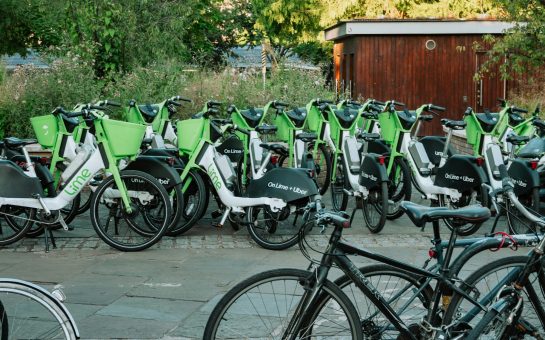London has long been a cultural and financial powerhouse, but in recent years, it has also emerged as one of Europe’s fastest-growing gaming capitals. From indie developers and esports arenas to online casinos and bingo sites, the city’s gaming ecosystem is expanding rapidly. In 2025, this growth is being driven by a mix of technological innovation, shifting consumer habits, and strategic investment.
Mobile and Online Accessibility
One of the biggest drivers of London’s gaming boom is the widespread adoption of mobile and online platforms. According to recent reports, 36% of Brits play games on mobile, with London leading the charge in app-based gaming. This accessibility has opened the door for casual players and new demographics, especially women and older adults, who are increasingly engaging with puzzle games, trivia apps, and digital bingo sites.
Platforms like Gala Bingo and Mecca Bingo have modernized the traditional game, offering themed rooms, live hosts, and chat features that replicate the social experience of in-person play. These bingo sites are particularly popular in London, where fast-paced lifestyles make mobile gaming a convenient form of entertainment.
Esports and Streaming Culture
London is also becoming a hub for competitive gaming. The city hosts major esports events, including tournaments for games like League of Legends, Valorant, and FIFA. Venues such as the Red Bull Gaming Sphere and GG Circuit Arena provide spaces for players to compete, stream, and socialize.
Streaming platforms like Twitch and YouTube Gaming have further amplified London’s gaming culture. Local creators and influencers are building large followings, contributing to the city’s visibility on the global gaming map.
Government and Industry Support
The UK government has recognized gaming as a key creative industry. Tax incentives, grants, and funding programs have helped London-based studios grow and innovate. According to Kasun AI Insights, the UK gaming industry generated £4.6 billion in revenue in 2024, with London contributing a significant share.
This support has encouraged startups and indie developers to set up shop in the capital, leading to a surge in new titles and experimental formats. Many of these developers are also collaborating with online platforms, including bingo sites, to create hybrid games that blend traditional mechanics with modern tech.
Cultural Diversity and Talent Pool
London’s multicultural population and world-class universities provide a rich talent pool for the gaming industry. Developers, designers, and marketers from around the world converge in the city, bringing fresh perspectives and global appeal to local projects.
This diversity is reflected in the types of games being produced from narrative-driven indie titles to inclusive bingo sites that cater to different languages and accessibility needs.
Economic Momentum and Consumer Demand
Finally, London’s gaming growth is fuelled by strong consumer demand. Gaming is now a mainstream activity, with over 37 million Britons playing video games in 2024, nearly 60% of the population. In London, this demand is amplified by high-speed internet, tech-savvy consumers, and a thriving entertainment culture.
Conclusion
London’s gaming scene is growing because it’s adaptable, inclusive, and well-supported. From mobile apps and esports arenas to innovative bingo sites, the city offers a dynamic environment for players and creators alike. As technology continues to evolve, London is poised to remain a leading force in global gaming.
Photo by Aidan Howe on Unsplash





